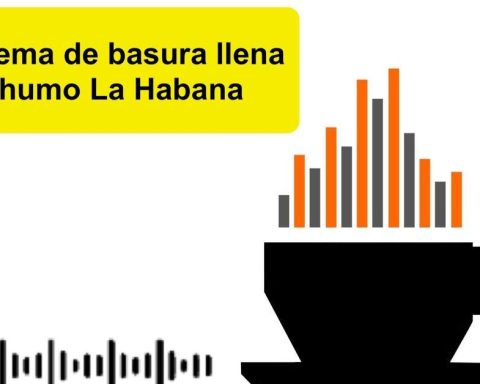
The concept of Propaganda 2.1 is developed by Peter Fallon in his interesting work of the same name (Propaganda 2.1: Understanding Propaganda in the Digital Age). Fallon is a leading scholar in the area of journalism and media studies at Roosevelt University in Chicago, who has devoted himself in recent years to the analysis of the evolution of the various methods of persuasion and control in different societies. In the aforementioned work, the author identifies three eras of propaganda development. The first and largest one begins with Aristotelian rhetoric and culminates with the arrival of the 20th century; the second one is identified from the first decade of the 20th century, where propaganda was used during the First World War and perfected for the Second World War by brilliant minds such as Bernays, Laswell, Lippmann and Ellul; and the third era (2.1) that begins with the arrival of the Internet and continues to our times (Fallon, 2024).
In this era of Propaganda 2.1, an era of vast, decentralized information, people are exposed to diverse and sometimes paradoxical viewpoints. For Fallon, Propaganda 2.1 is a model of competing propagandas of uncertainty and doubt. A model of infinite information and the high randomness of entropy. There are certainly many opportunities to learn from everything in a connected, global environment, but much of the new information in the entropic system is questionable and sometimes false. For this reason – Fallon suggests – it is our responsibility to classify it, weigh it, evaluate it, and accept or reject it (Fallon, 2024).
Contemporary political narratives are often built on emotions, myths and perceptions rather than verifiable facts. These narratives, which are part of the new propaganda (2.1), are increasingly unfounded, and designed to resonate with the concerns, fears and aspirations of certain social groups. This new propaganda, which is brewing in the current context, becomes a powerful tool that seeks to once again shape public opinion and consolidate political power. For example, the use of simplified and polarizing narratives allows political actors to mobilize their bases, creating a sense of urgency and belonging. This approach not only blurs reality, but also polarizes society, dividing audiences into two parts: “us” versus “them” (Calvo and Aruguete, 2023).
New political narratives function as a mechanism of social control, where truth becomes a malleable concept, adapted to the needs of the moment.
Platforms like X (formerly Twitter), Facebook, Instagram, and TikTok allow for the rapid and massive dissemination of information, facilitating the spread of these new narratives. Through algorithms that prioritize emotional and polarizing content, social media amplifies messages that may not be well-founded, but that generate engagement and strong reactions. The “virality” of information on social media creates an environment where alternative truths emerge. Users, by interacting with content that reinforces their pre-existing beliefs, contribute to the creation of what some call “echo chambers.” In this context, political narratives become consolidated and more influential, as individuals tend to share and promote information that validates their own perspectives.
















